Potty training can be a difficult and daunting process for many parents. The milestone can seem almost unreachable when you're in the toilet trenches (yes, we know it's as dirty as it sounds) and dealing with a defiant, nervous toddler begging to keep their diaper on. Licensed social worker Jamie Glowacki and author of Oh Crap! Potty Training: Everything Modern Parents Need to Know To Do It Once And Do It Right has developed a 6 Block Method that breaks down the best techniques to successfully toilet-train your little one. Here are eleven foolproof tips she wants parents to know about.
Read more ¿Qué más?: 11 Memorable milestones you CANNOT miss in your baby's first year!
Image via Corbis
Don't wait until your child is ready
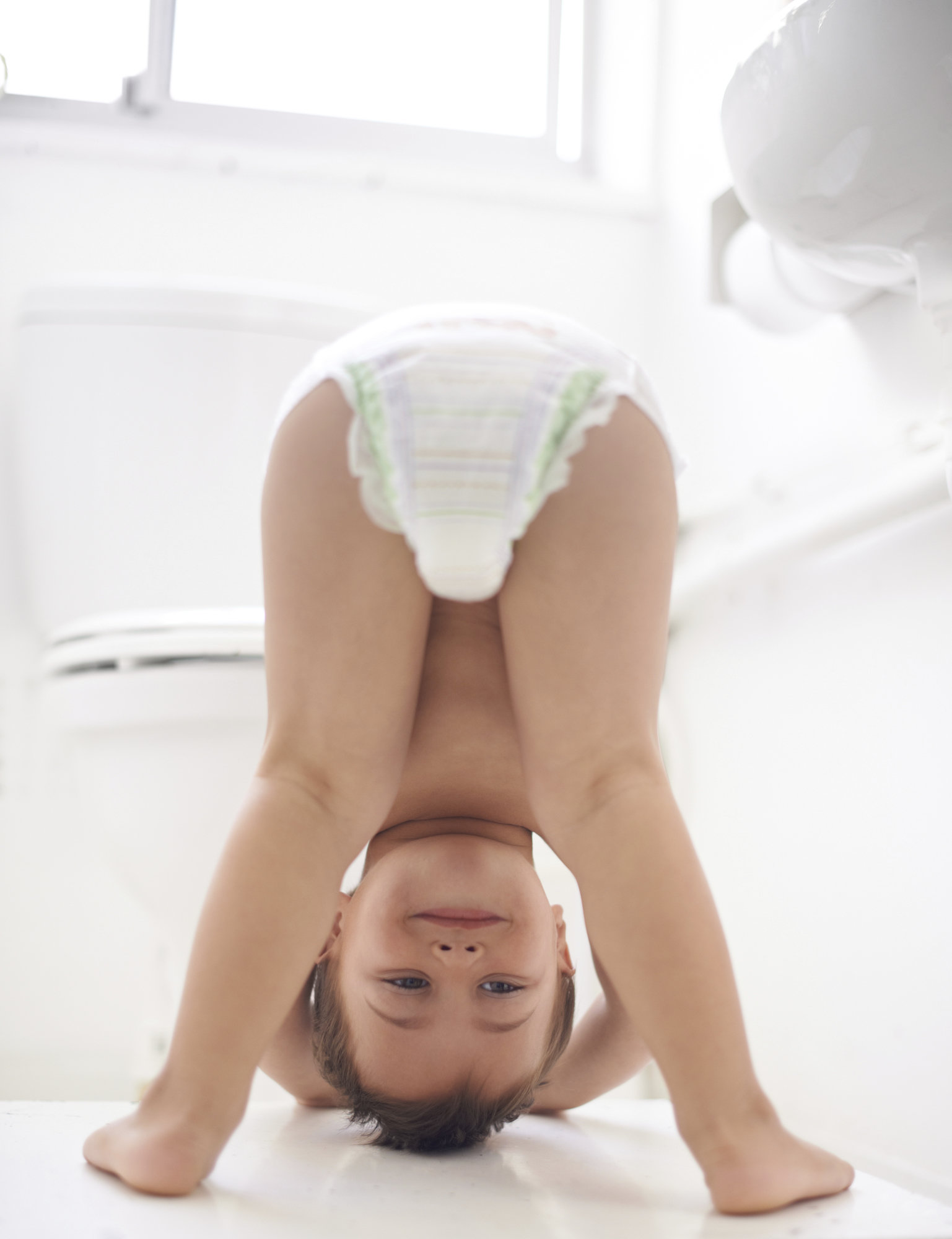
Glowacki encourages parents to start potty training their toddler between 20 to 30 months. "One of the biggest mistakes is that parents think ‘I’ll wait until he’s ready.' Kids will never say to you, 'I’m ready.'" Be prepared to take initiative!
Be 100% committed to the process
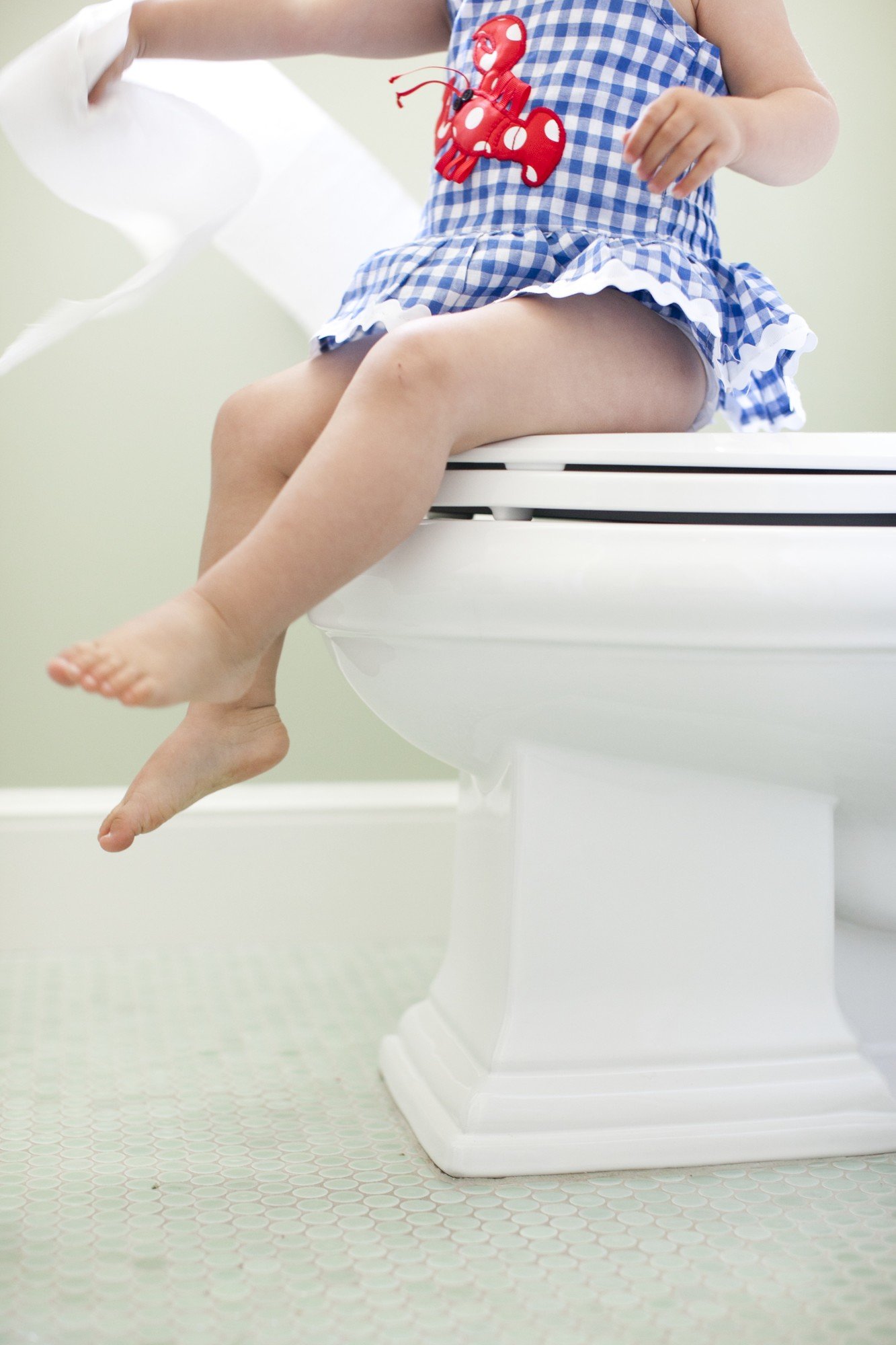
Once you decide to potty train, you should never go back. Glowacki suggests blocking a long weekend or vacation week for the potty training process, which also means diapers are off at all times! "Moms need to be committed to the process. With any milestone, you have to stick with it," she says.
Avoid introducing potty too early on
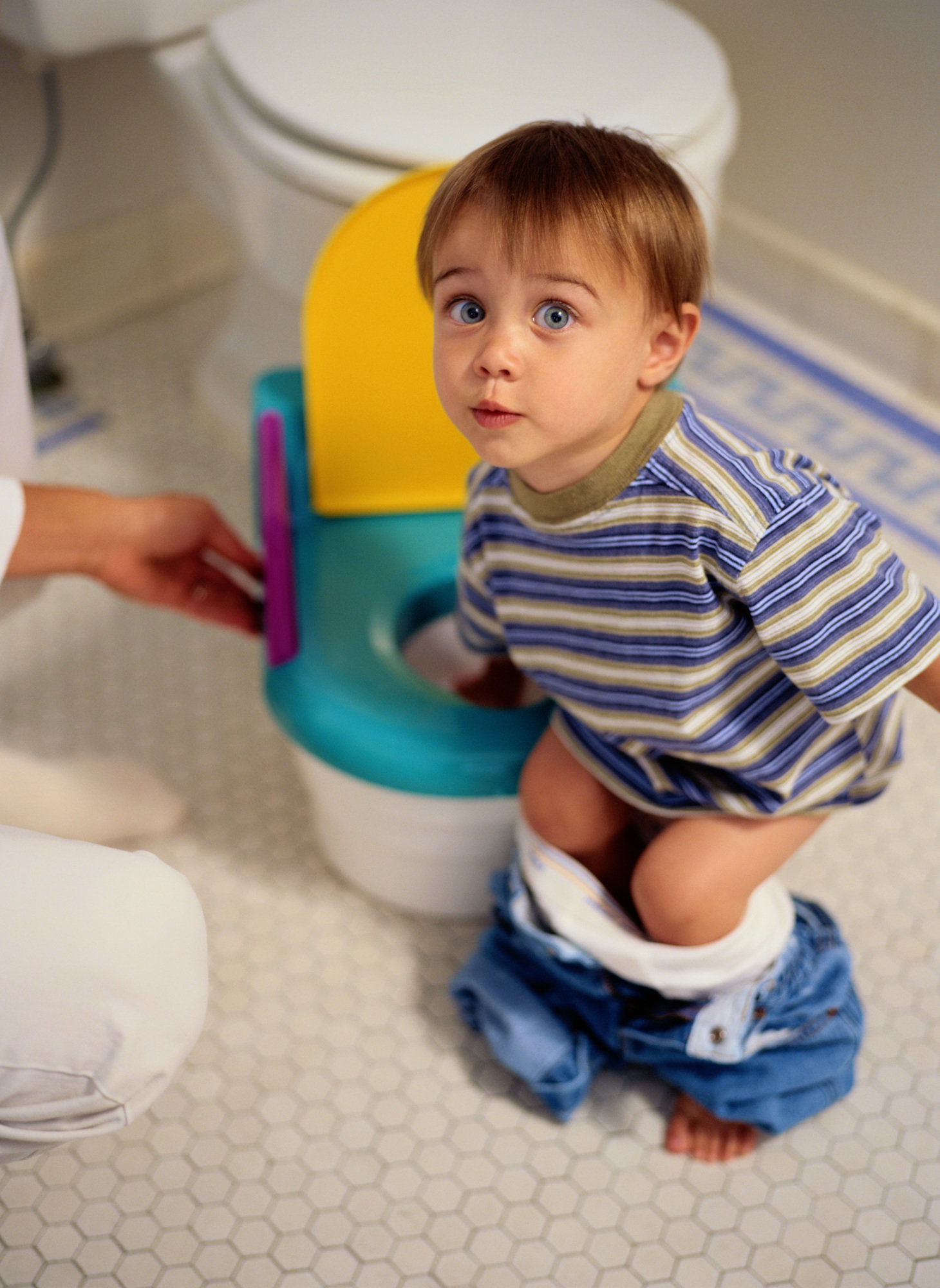
Many parents believe that introducing the potty once they start walking is a great way to get them acclimated to the idea. Glowacki explains that the issue with this tactic is that kids will view the mini potty as a toy instead of a device with purpose.
Don't share your potty training woes on Facebook
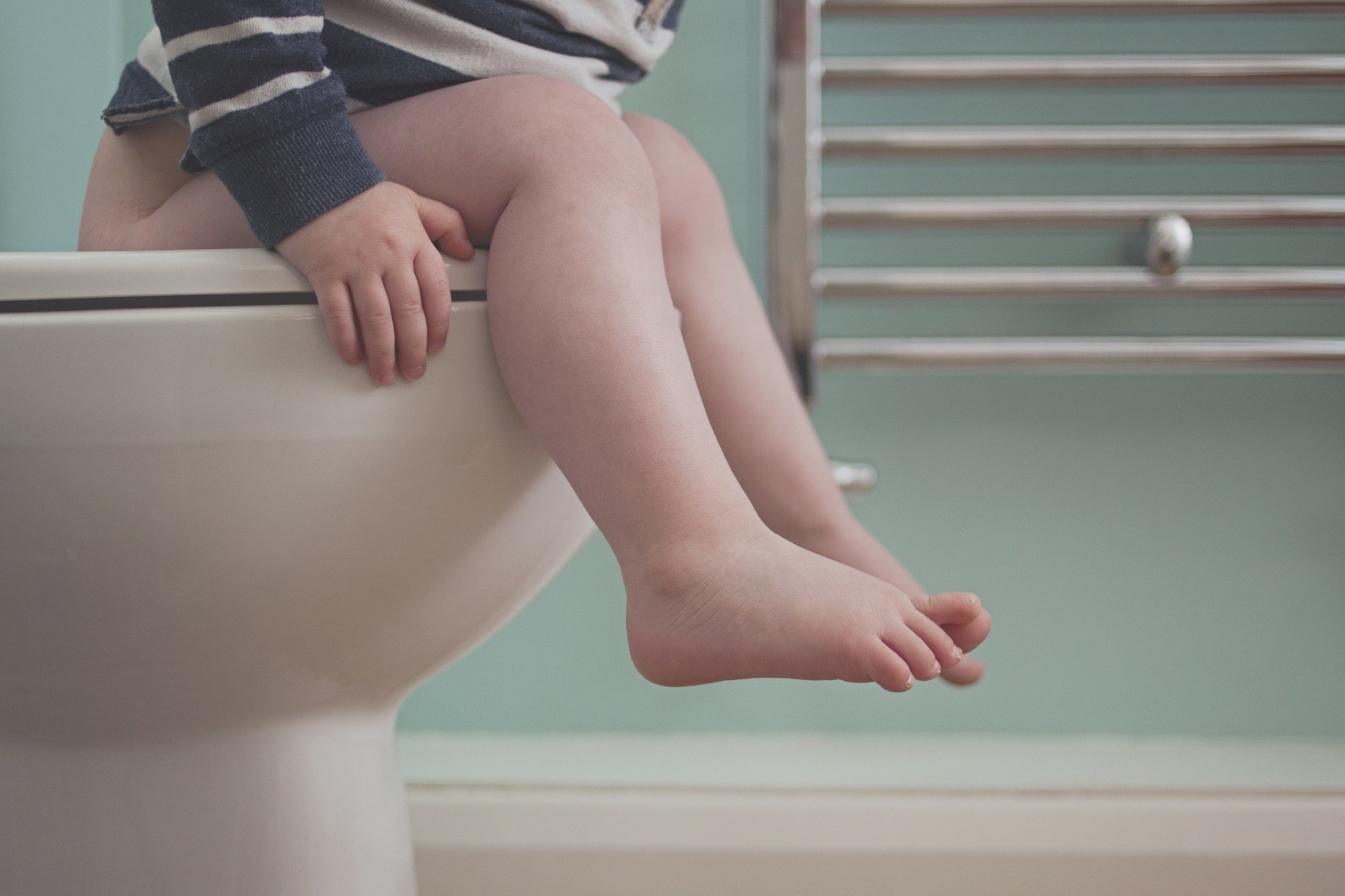
It may be tempting to update all of your Facebook friends about your potty training journey, but Glowacki strongly discourages hitting publish on that status. "Don’t ever post on Facebook because you will get everyone’s tips and everyone is going to want to be an expert. Your plan will fall apart," she advises.
Use cloth diapers
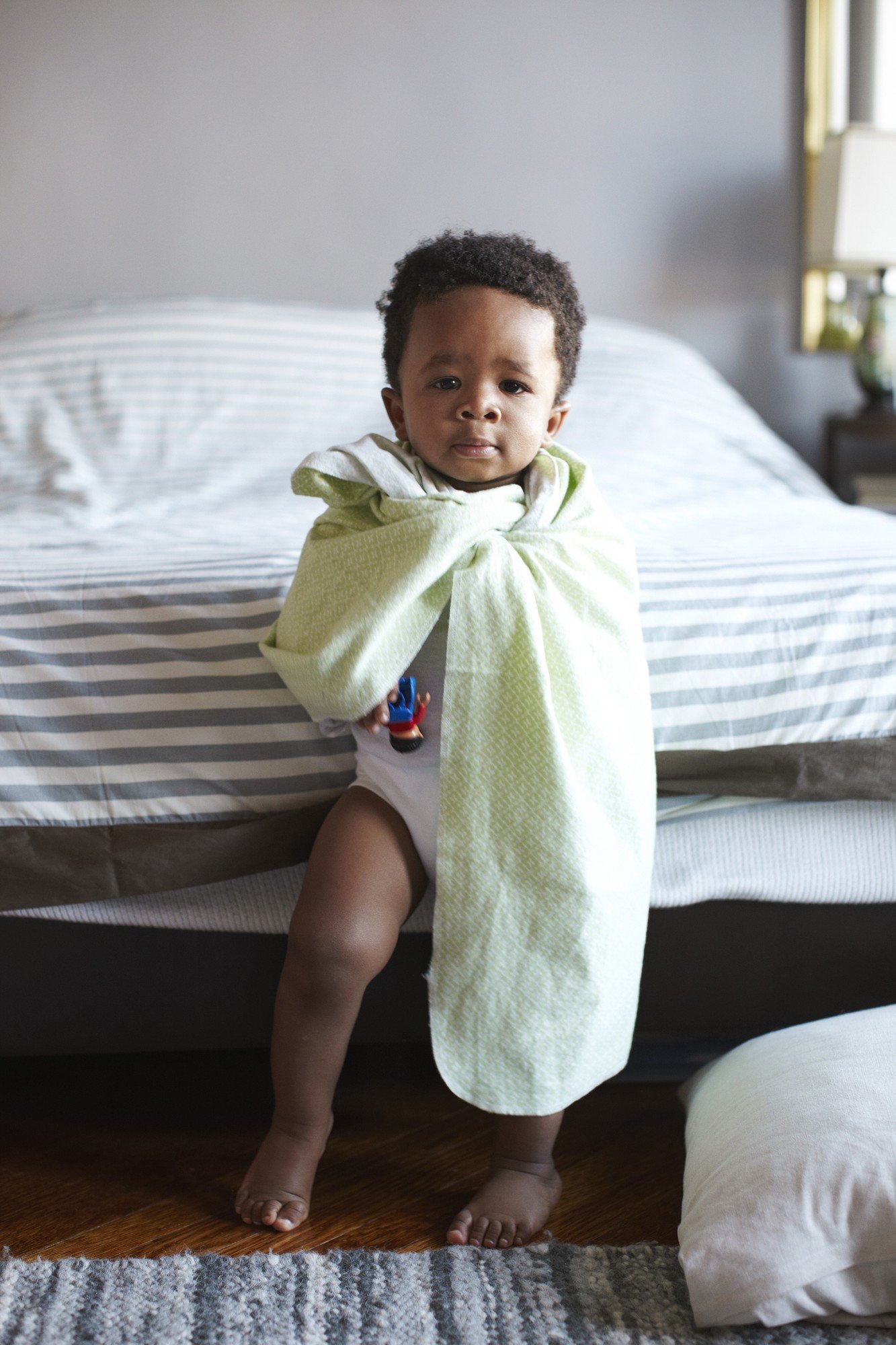
You don't want your toddler feeling the support of a diaper during the potty training process. Instead, use cloth diapers. "You want them to feel the wetness and think 'this doesn't feel right.'"
View the process from their point-of-view
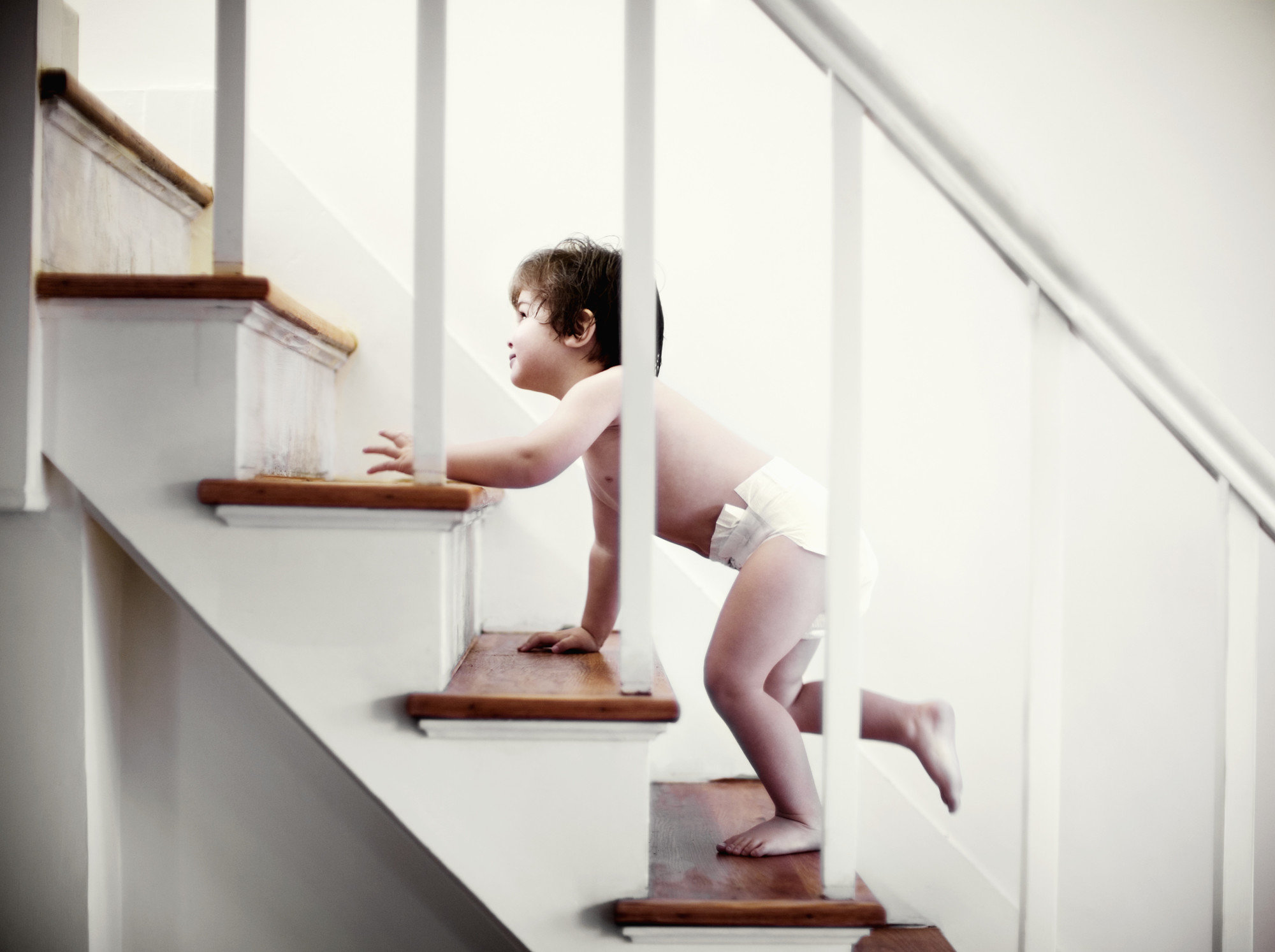
Many parents put a lot of pressure on themselves and their kids to complete the potty training process. Glowacki suggests, "Take it from their point-of-view. It’s just pee and poop and you want to make them feel safer about the milestone." This will also help to avoid approaching the situation with stress and anxiety.
Identify if there's a power struggle
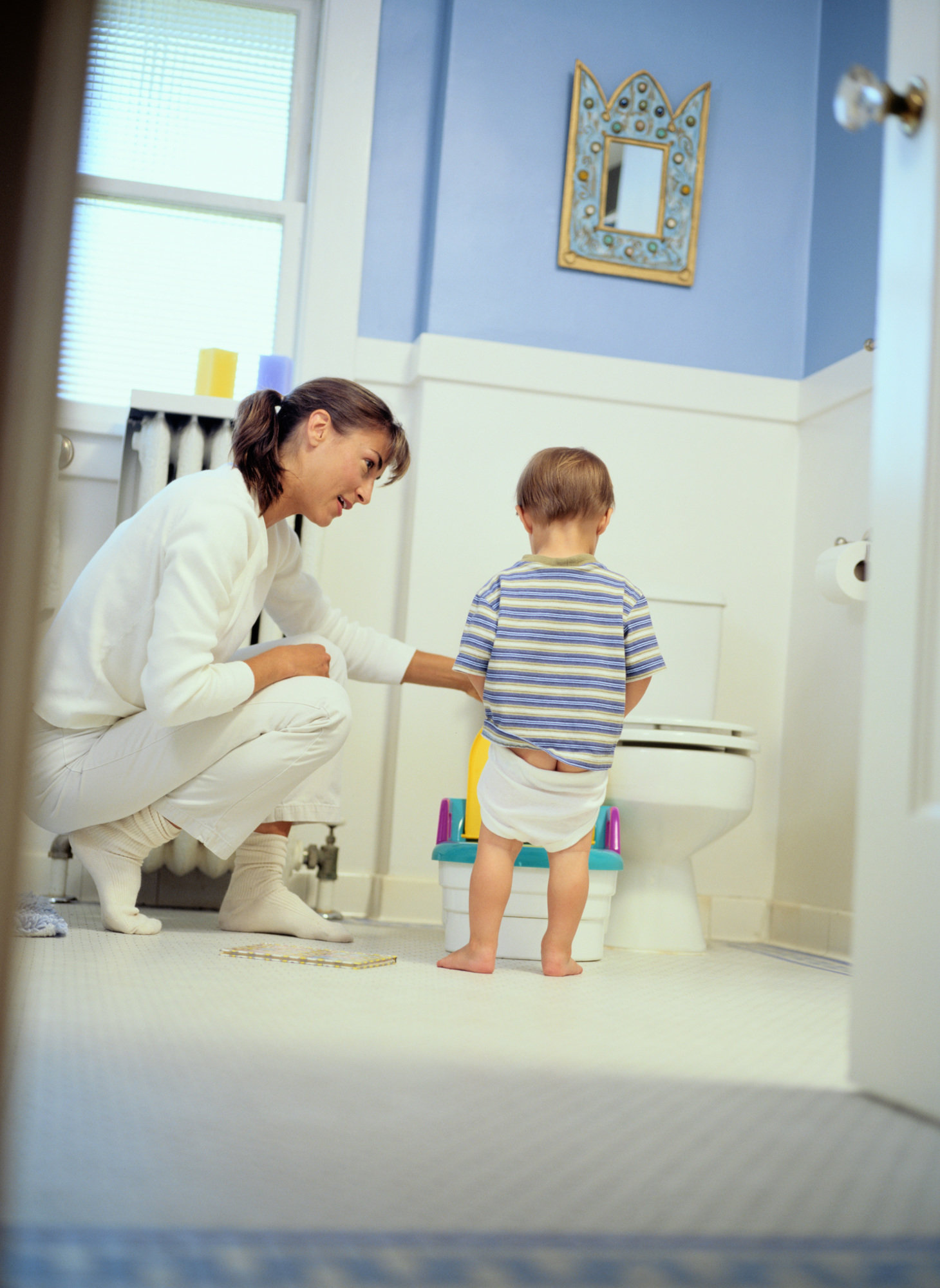
"Hovering and over-prompting leads to power struggles," Glowacki explains. She adds that you can't win a power struggle with your toddler and will need to let go control. That doesn't mean to give up, but instead give the toddler space and don't hammer them about the issue.
Don't overuse the P word with your toddler
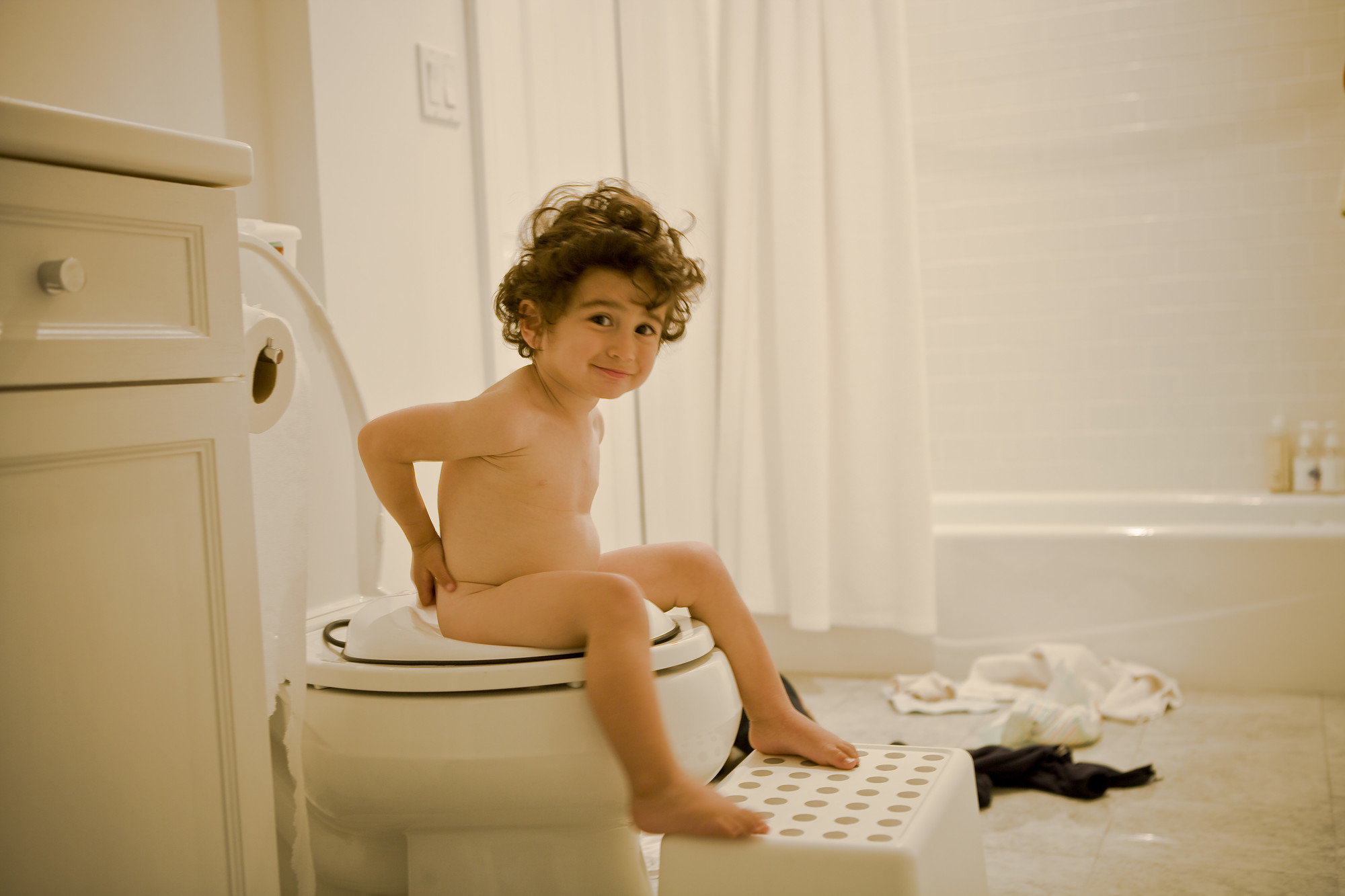
It's great to communicate to your child about the potty training process, but too much talking could delay the process. "As long as you're talking, you're not listening," Glowacki explains. Allow your child to self-talk and pick up your lessons at their own pace–without having you on repeat.
Help your kid visualize the pooping process

The concept of pooping could be scary for a toddler. Glowacki suggests the "play-dough game," which involves sitting your child down and showing them what happens to their body when they poop. Squeeze your hand into a fist with the play-dough inside and let it ooze out between your thumb and index finger. "It’s a great visualization for kids," she says.
Know how to deal with regression
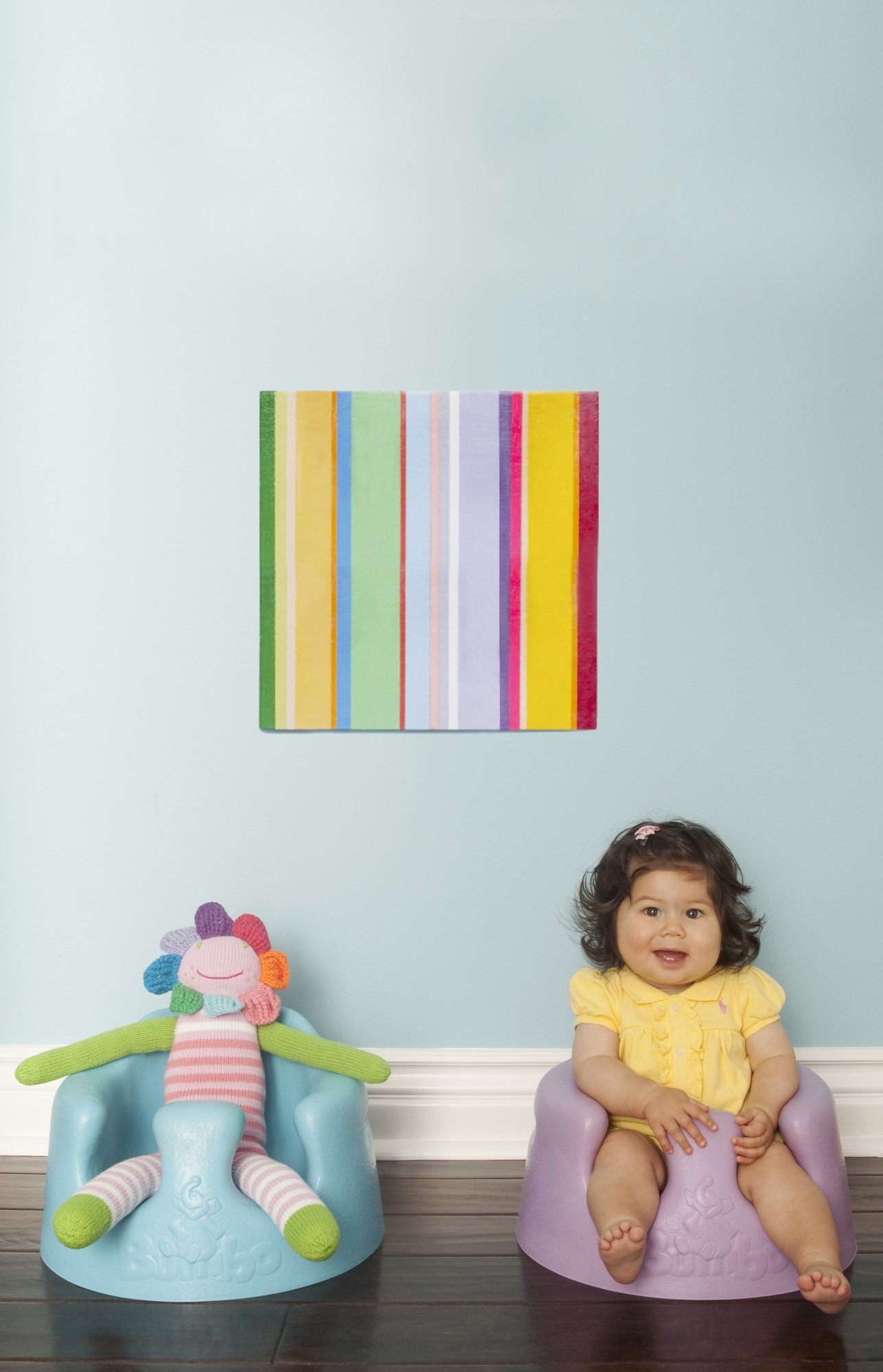
Regression is normal when a big change happens, like a move or divorce, before or during the potty training process. "The child is hoping to be a baby. I recommend family therapy and communicating with your child and talking about big elephant in the room. You can re-diaper temporarily," says Glowacki.
Have patience
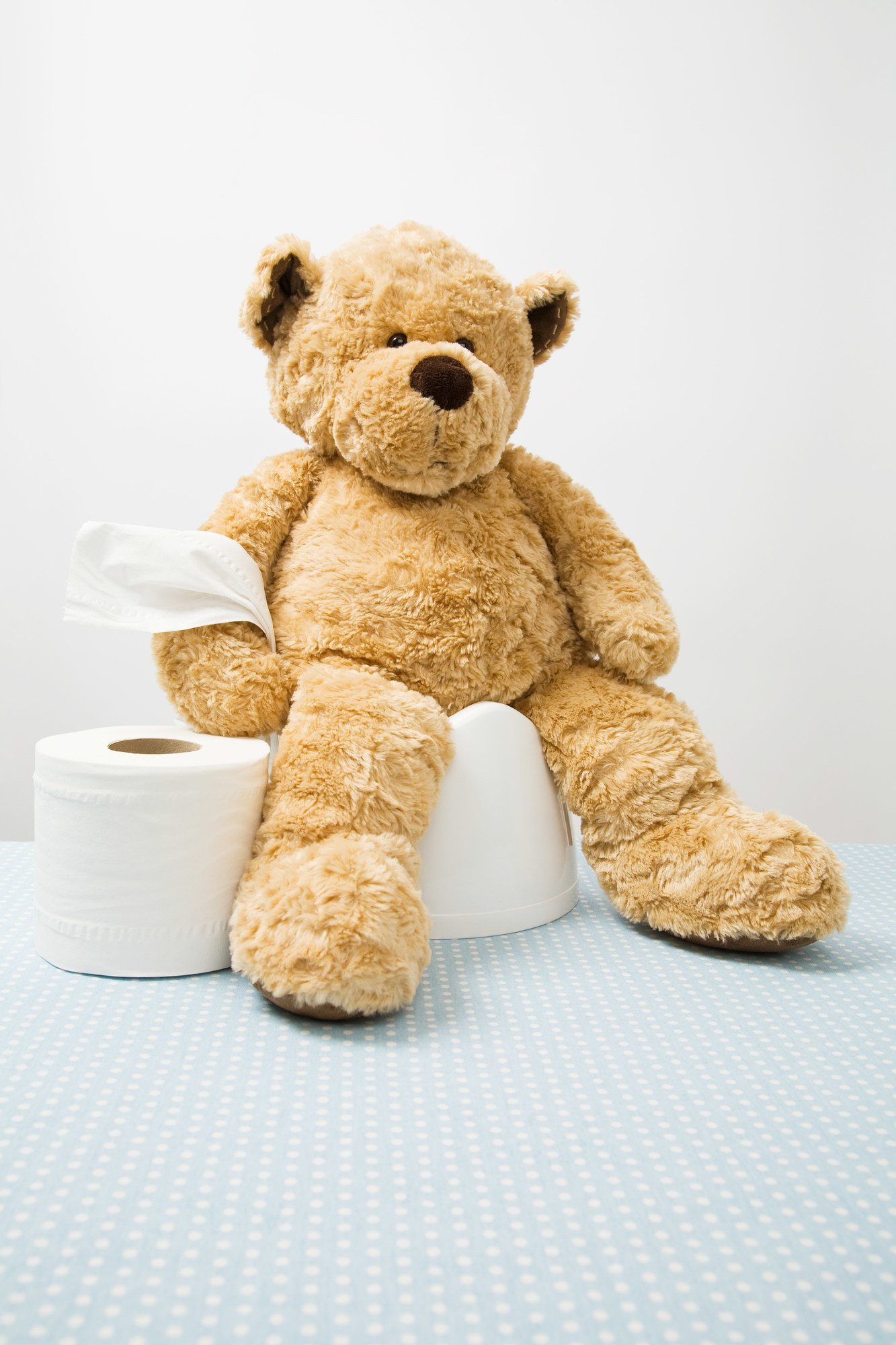
Glowacki's top advice for parents is to be patient. She says, "Trust your gut. Think of this as any other development milestone. Don’t make it a big deal because the media does. Have patience."




